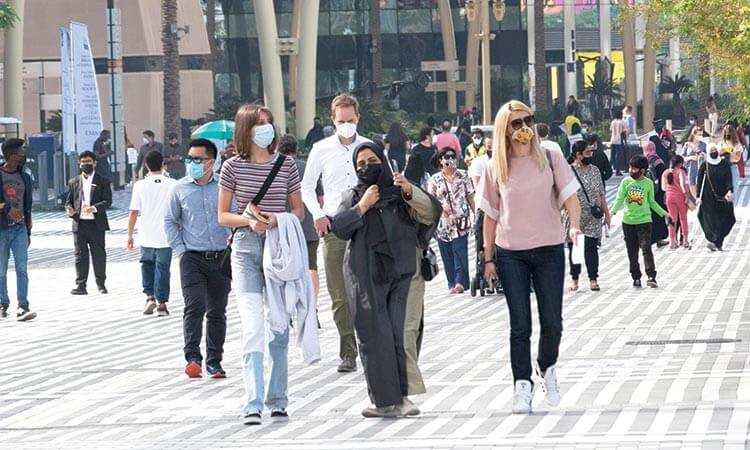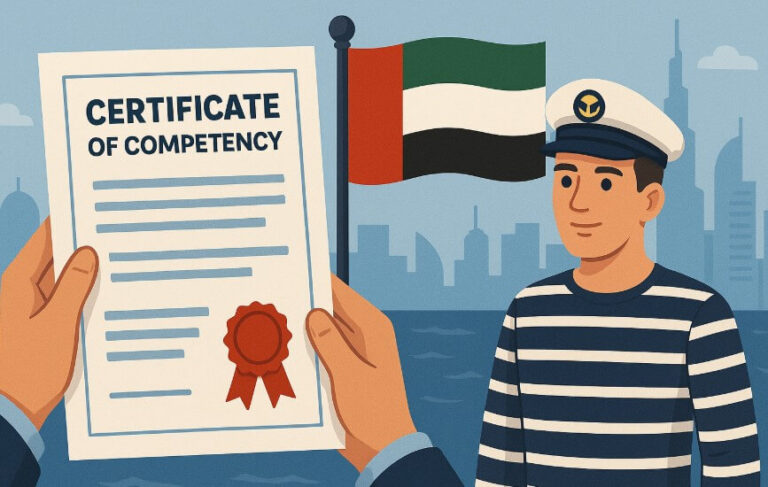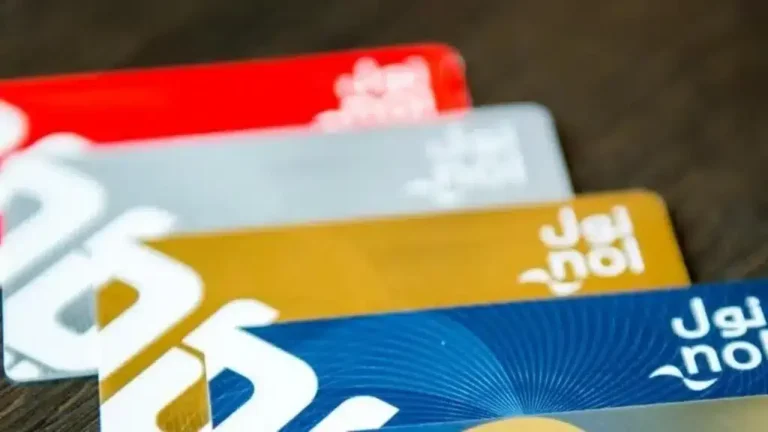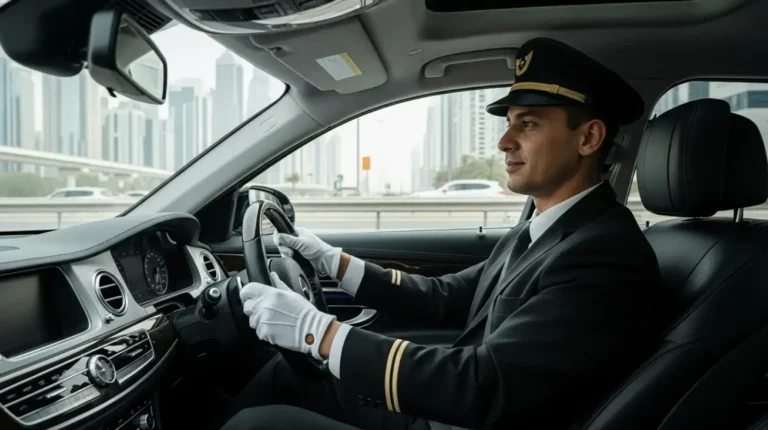Dubai Rules for Tourists, UAE — The Complete 2025 Guide from a Long-Term Resident
Dubai isn’t just a glittering skyline of futuristic towers and luxury shopping malls — it’s also a city deeply rooted in Emirati culture, Islamic traditions, and a legal framework designed to protect residents and visitors alike. The rules here are not meant to intimidate but to ensure safety, respect, and harmony in a multicultural society where over 200 nationalities live side by side.
Having lived in Dubai for more than two decades, I’ve seen both the misconceptions in foreign headlines and the reality on the ground. This guide blends first-hand experience with up-to-date laws so that you can enjoy your visit confidently, respectfully, and without unpleasant surprises.
Quick note: While many of these guidelines apply across the UAE, each emirate has its own laws — Sharjah, for instance, is completely dry (no alcohol allowed).
1. Dress Code — Modesty with Style

Dubai is one of the most cosmopolitan cities in the Middle East, so you’ll see everything from traditional Emirati attire to high-fashion outfits. But context is everything.
- At the beach or pool: Bikinis, swimsuits, and swim trunks are fine. Topless sunbathing is strictly forbidden.
- In malls, restaurants, and public areas: Cover shoulders and knees. Avoid see-through fabrics, overly tight clothing, or slogans with offensive language.
- At government buildings or mosques: Women should cover legs, arms beyond the elbow, and hair (in mosques). Men should avoid shorts above the knee and sleeveless shirts.
Pro tip: Photographing Emiratis, especially women, without permission is not only disrespectful — it can be illegal.
2. Cultural Sensitivity — Especially During Ramadan
Ramadan is a sacred month of fasting from sunrise to sunset. Rules have relaxed in recent years: non-Muslims can now eat and drink in public during daylight hours. Still, showing respect by avoiding eating or drinking directly in front of those fasting is appreciated.
Other Ramadan etiquette:
- Avoid playing loud music.
- Live entertainment is often paused.
- Smoking in public before sunset is culturally inappropriate.
3. Public Conduct and Behaviour

Dubai’s public order laws are strict, but they are also part of why the city is safe and welcoming.
- Swearing and rude gestures: Never use offensive language or hand signs — even in traffic.
- Loud music: Keep it down in residential areas. After 8 PM, noise complaints can lead to fines.
- Alcohol: Drinking is allowed in licensed venues. Public drunkenness can lead to arrest. Never drink and drive — even trace amounts of alcohol in your system can result in fines from AED 20,000 and license black points.
- Drugs: Zero tolerance. Possession, trafficking, or even testing positive for illegal substances can mean jail time. Certain prescription medications may be considered controlled — always check and register before travel.
4. Public Transport and Smoking
Dubai’s public transport system — especially the Dubai Metro — is efficient, clean, and safe. But there are rules to follow:
- Use a Nol card with at least AED 7.50 balance.
- Keep priority seats free for pregnant women, seniors, and people of determination.
- No eating, drinking, or chewing gum on trains and buses.
- Smoking is banned in public transport, malls, offices, and most public spaces.
During Ramadan, avoid smoking in public during daylight hours. Always dispose of cigarette butts responsibly — littering fines are steep.
5. Greetings and Social Etiquette
Dubai is a global hub, but certain gestures carry cultural weight.
- The common greeting is “As-salaam ‘alaykum” (“Peace be upon you”), to which you reply, “Wa-alaykum as-salaam”.
- Handshakes are customary — but men should never extend their hand to a Muslim woman unless she offers first.
- Always use your right hand for handshakes or giving items.
- Public displays of affection (PDA) are limited to holding hands. Kissing and hugging in public can attract fines.
6. Shopping, Bargaining, and Tipping
- In souks (traditional markets), bargaining is expected — start at around 50% of the asking price and enjoy the back-and-forth.
- In malls and branded stores, prices are fixed, but seasonal sales offer good discounts.
- Tipping is appreciated though not mandatory. General rule: 10–15% in restaurants, AED 5–10 for drivers and porters, and AED 10–20 for salon services.
7. Health, Safety, and Medication Rules
- No vaccines are required for entry, but residency visas involve health screenings for HIV, hepatitis, and tuberculosis.
- Some prescription medicines are restricted — especially strong painkillers and sedatives. Register your medication through the UAE government portal and carry your prescription.
- Emergency numbers: 999 (Police), 998 (Ambulance), 997 (Fire), 996 (Coastguard).
Quick “Don’ts” for First-Time Visitors
- ❌ Don’t swear, shout, or argue aggressively.
- ❌ Don’t eat, drink, or smoke in public during daylight hours in Ramadan.
- ❌ Don’t photograph people or government buildings without permission.
- ❌ Don’t engage in PDA beyond holding hands.
- ❌ Don’t litter — fines can reach thousands of dirhams.
- ❌ Don’t accept drinks from strangers in bars or clubs.
FAQ — Dubai Rules for Tourists
Can unmarried couples share a hotel room in Dubai?
Yes, recent law changes allow unmarried non-Muslim couples to share accommodation, including hotels.
Can I drink alcohol in Dubai without a licence?
Yes, in licensed venues like hotels, bars, and restaurants. But to purchase alcohol for home consumption, you’ll need a temporary alcohol licence.
Can I take photos anywhere?
No. Avoid photographing locals without permission, as well as military sites, government buildings, airports, and royal palaces.
What happens if I break the law?
You may be detained, fined, or deported depending on the offence. Contact your embassy for legal assistance.
What prescription drugs are banned?
Check the official UAE controlled medicines list. If in doubt, register your medication before travelling and bring the prescription.
- Gymnastics Training Programs in Dubai - February 26, 2026
- Mina Rashid Screening Center, Dubai Guide, UAE - February 23, 2026
- Al Sabkha Deira Dubai Area Guide, UAE - February 21, 2026







